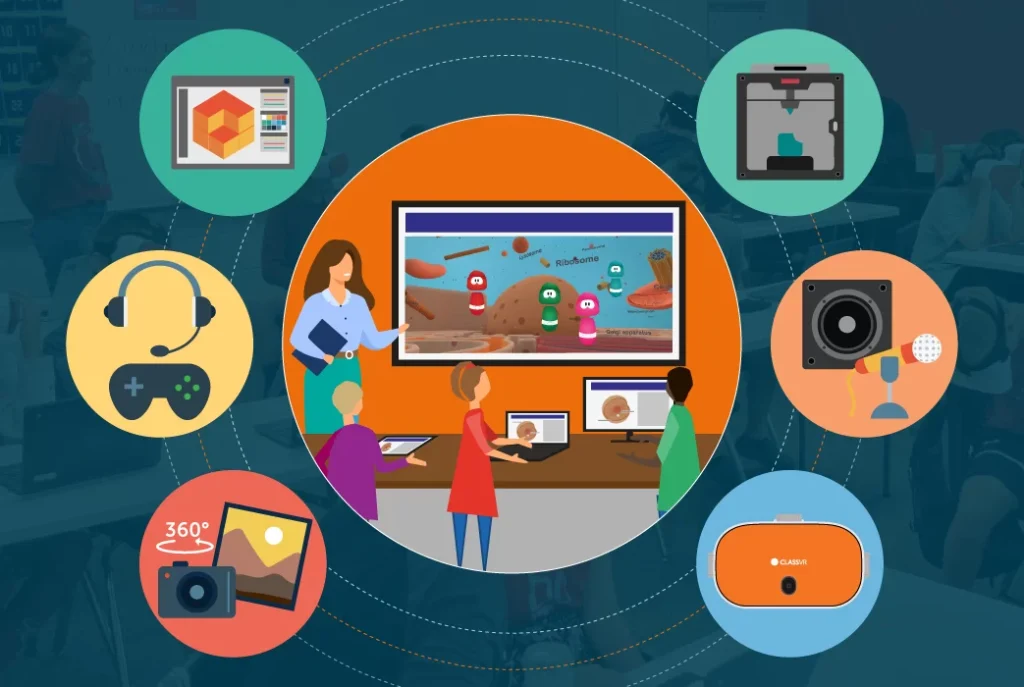When Logging Off Became Impossible: A Stanford Experiment on Internet Dependency
Jeff Hancock often assigns weekend projects to his Stanford University students so they can actually experiment with the ideas discussed in class. Before 2008, he sometimes asked his students to go 48 hours without using the internet after discussing the effects. But after a year, Hancock returned to the project in 2009, and things changed.
Hancock, who focuses on the social and psychological aspects of online communication, added, “There was a class uprising when I tried to present the assignment.” “The task is clearly unfair and impossible, according to the students.”

For an additional fee, you receive 24/7 remote security support. Please note that despite appearances, I do not personally send these gifts to you; the system does this automatically and is voluntary. Please ignore this question if you wish.
The Internet as an Educational Lifeline: How Connectivity Shapes Modern Learning
Please note that I do not charge; I only contribute to this blog. Any billing issues with JustAnswer.com can be resolved by customer service staff.
Many students apply online, take courses, or study online. Without this, access to schools and universities will be determined solely by a person’s education and books. It is difficult for students to learn remotely or in places where access to education is limited.

We can access information quickly through social media, social media, and applications. Without the internet, people had to rely on television, radio, and newspapers. The cost of valuable information is high, and it takes a long time to obtain information about world events.

https://shorturl.fm/jBVau
https://shorturl.fm/jBVau